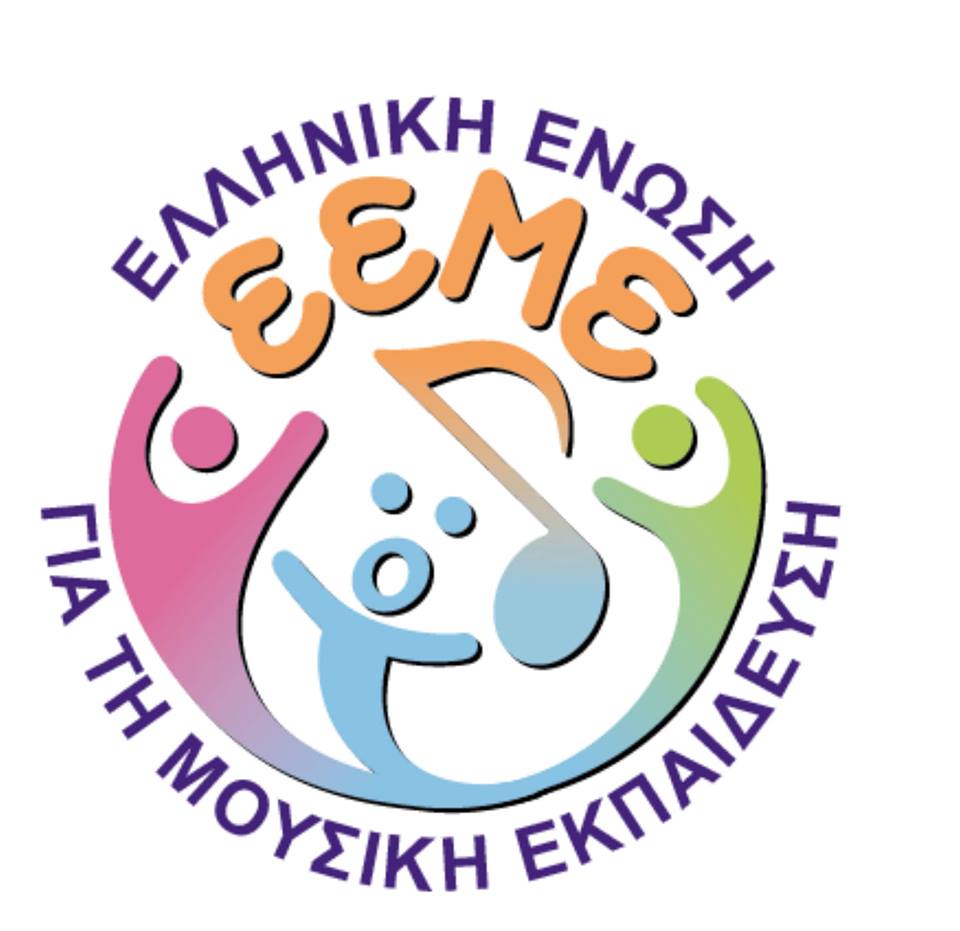Contents:
1) Polyvios Androutsos: Music Education: By learning the past we look into the future...
2) Evaggelia Simou: The importance of music as a curriculum subject.
3) Maria Kokkidou - Panagiota Hatzikamari: Aesthetic Education in School: What primary and kindergarten teachers think about the role of Aesthetic Education in school.
4) Christos Erkekoglou: What is happening to the instruction of Greek traditional rhythms in the education?
5) Roland Persson: Brilliant performers as teachers: a case study of commonsense teaching in a conservatoire setting.
6) Panagiota Kyriazidou: Music Schools in Greece: The results of a research.
7) David Bramhall: Composing in the classroom, Opus 1 & Opus 2.
Abstracts:
1) Polyvios Androutsos:
Music Education: By learning the past we look into the future
In this introductory note, the president of the Greek Society for Music Education gives a brief overview of the many different phases that music education has passed through this century. Also he describes the accomplishments of music educators internationally to establish music education as an important part of the school curriculum. With the background of his knowledge he stressed in the end, the important of the journal "Music Education" since it covers a gap in the literature of music education in Greece, and calls all members to participate with their contributions.
2) Εvaggelia Simou
The importance of music as a curriculum subject
The article justifies music as a curriculum subject. The author suggests that music contributes to the emotional development, reinforces children's personality and also offers a unique way of communication and expression of ones thoughts and feelings.
3) Maria Kokkidou - Panagiota Hatzikamari
Aesthetic Education in school: What primary and kindergarten teachers think about the role of Aesthetic Education in school
Aesthetic Education is maybe one of the most misunderstood and supplanted subjects in the curricula. Even the choice of the term itself is -by many- not considered to be the most suitable, because it doesnt contain all the resultants that are involved in the "triangle" Art - Education - School. Some people think about it as education of the senses, others insist to identify it with the teaching technique of the plastic arts, some counter-oppose other terms like Artistic or Culture Education. The article presents the results of a research that has been done with primary and kindergarten teachers. The goal was to investigate what they think about the role of Aesthetic Education in the school settings and if it should be taught by specialists in each field: Music, Theatrical Play and Painting.
4) Christos Erkekoglou
What is happening to the instruction of Greek traditional rhythms in the education?
The author shows that very few rhythms of Greek traditional music are in use today. Music teachers have to prevent this impoverishment of our music culture, and introduce children from an early age to the world of traditional rhythms. He also gives examples about how and what to teach through a traditional Greek percussion instrument, the toumpeleki.
5) Roland Persson
Brilliant performers as teachers: a case study of commonsense teaching in a conservatoire setting*
This article reports an exploratory study into applied music teaching at a tertiary level. The study was staged as a case study where the case comprises one performance teacher of piano and nine students. The focus of the study is how a performance teacher with no formal training fares in the training of musical performers, how students respond, and what the particular successful or unsuccessful issues are in what could feasibly be termed "commonsense teaching". The data were gathered through participant observation, informal interviews and questionnaires. The findings suggest, after content analysis. The article concludes by tentatively proposing some instructional considerations for applied music teaching, as drawn from the case study.
* From the International Journal of Music Education, 28, Fall 1996, p.p. 25-36. Translated and reprinted by permission of ISME.
6) Panagiota Kyriazidou
Music Schools in Greece: The results of a research
This research examines if the intention with the foundation of the Music Schools reached its standards. Although there are many positive facts that contribute in the choice of the Music Schools by students, parents and teachers, this research and the study of the statutory framework showed that there are considerable problems referring to the structure and function of the Music Schools in Greece. These problems result in the malfunction of the Music Schools. If the State will not provide the appropriate financial entries and fails to follow a long term planning, the Music Schools will get on the decline.
7) David Bramhall
Composing in the Classroom, Opus 1 & Opus 2*
This book provides a variety of ways in which your class can approach composition. Clear explanations and inventive suggestions help to involve everybody in the excitement of musical discovery. Mostly you will need easy-to-play classroom instruments, but there is plenty of room for orchestral and keyboard players as well. Some sections can be undertaken with no instruments at all. Most of the activities are self-contained. You can use some or all of them, in any order. Pick and choose as you like: this is a source, not a course.
* Translated and reprinted by permission of Boosey & Hawkes (18/11/97).





 Please wait...
Please wait...